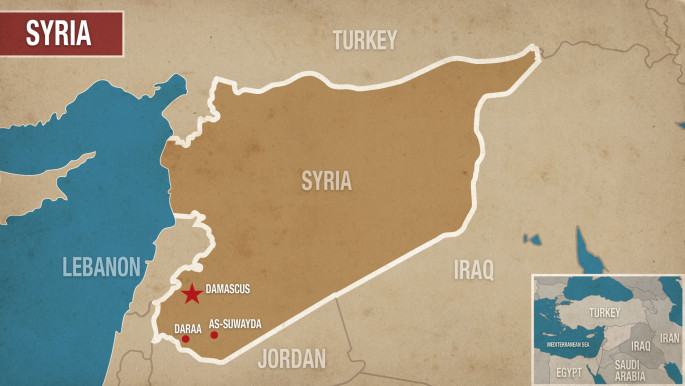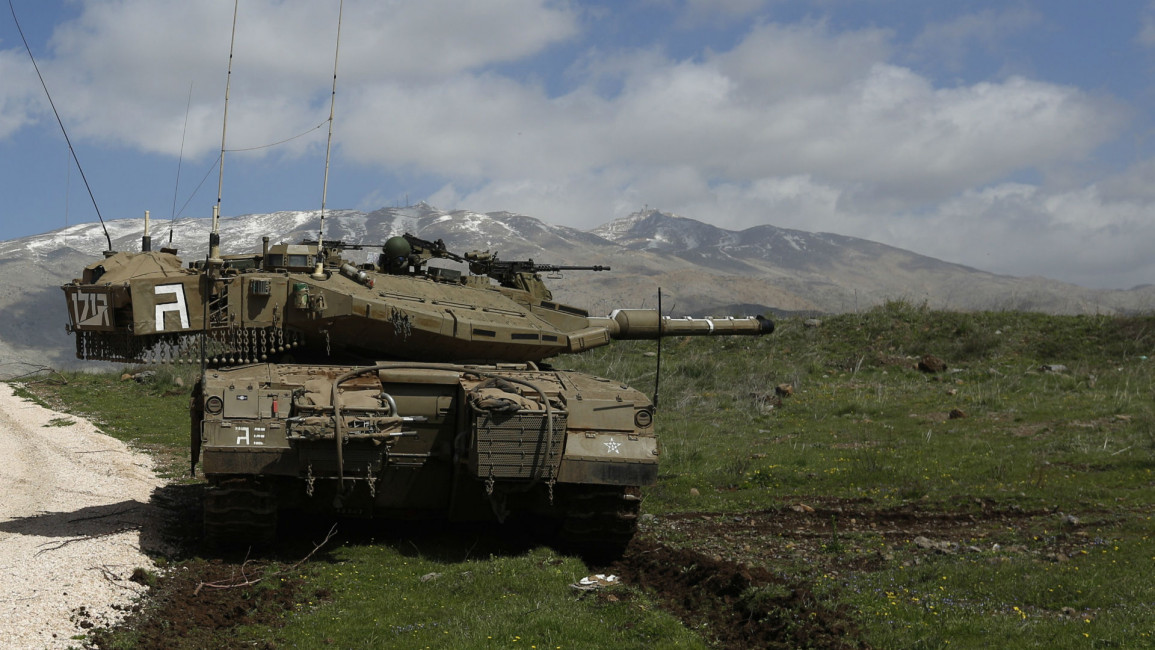Russia agrees to keep 'Iran, Hizballah from Israeli border'
In July, Israel said it opposed a US and Russian-sponsored ceasefire in southern Syria which could end the horrific regime bombing of towns and villages, fearing it could benefit arch-rival Iran.
 |
|
Hours before the Russian defence minister met with Netanyahu, Israeli jets attacked an anti-aircraft battery in Syria, east of Damascus, after it fired toward its planes, the military said.
The incident reportedly caused tensions during the meeting, Asharq Al-Awsat reported, with Shoigu considering it a "dangerous hostile operation that almost caused a severe crisis."
Iran's military chief said on a visit to Damascus on Wednesday that it was unacceptable for Israel to violate Syrian air space and land "any time it wants", Iranian state media reported.
General Mohammad Baqeri also said he was in the Syrian capital to strengthen cooperation with the Syrian army to "confront our common enemies, the Zionists and terrorists," referring to Israel and Sunni militants in Syria.
Israeli Prime Minister Benjamin Netanyahu has said that Iran is strengthening its foothold in Syria, and Israel was watching developments and would act against any threat.
Israeli Defence Minister Avigdor Lieberman met privately with Shoigu at the Israeli army's military headquarters on Monday, saying that Israel "will not allow Iran and Hizballah to turn Syria into a forward outpost against Israel".
Israel has sought to avoid becoming more directly involved in the six-year civil war in Syria, though it acknowledges carrying out dozens of air strikes to stop what it calls advanced arms deliveries to Hizballah.
The Lebanese Shia group, against which Israel fought a devastating 2006 war, is also militarily backing Assad's regime in the conflict.
Since at least 2012, Iran has provided critical military support to Syrian President Bashar al-Assad, helping his army regain swathes of the country from rebels and Sunni militants.


![President Pezeshkian has denounced Israel's attacks on Lebanon [Getty]](/sites/default/files/styles/image_684x385/public/2173482924.jpeg?h=a5f2f23a&itok=q3evVtko)



 Follow the Middle East's top stories in English at The New Arab on Google News
Follow the Middle East's top stories in English at The New Arab on Google News


